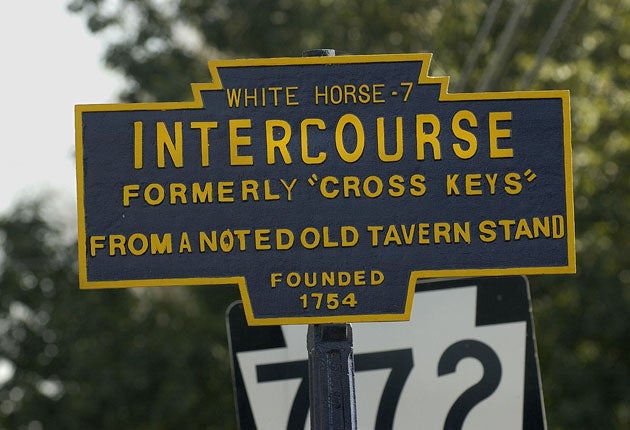Your support helps us to tell the story
From reproductive rights to climate change to Big Tech, The Independent is on the ground when the story is developing. Whether it's investigating the financials of Elon Musk's pro-Trump PAC or producing our latest documentary, 'The A Word', which shines a light on the American women fighting for reproductive rights, we know how important it is to parse out the facts from the messaging.
At such a critical moment in US history, we need reporters on the ground. Your donation allows us to keep sending journalists to speak to both sides of the story.
The Independent is trusted by Americans across the entire political spectrum. And unlike many other quality news outlets, we choose not to lock Americans out of our reporting and analysis with paywalls. We believe quality journalism should be available to everyone, paid for by those who can afford it.
Your support makes all the difference.For more than a century, Negrohead Mountain has towered over the countryside north of Malibu, offering unrivalled views of the Pacific to generations of hikers. But this week, at the stroke of a bureaucrat's pen, the striking landmark's time-honoured name disappeared from local maps.
The 2,031ft summit will henceforth be known as Ballard Mountain, a name deemed to be more in keeping with the modern era. The new title honours a blacksmith and former slave called John Ballard, who was among the first men to settle in its foothills in 1880, after fleeing Los Angeles to escape persecution by segregationist police officers.
A hundred people attended the renaming ceremony for the peak, including Ballard's great-grandson Reggie, a retired fireman, who told reporters that the US Geological Survey's decision to approve the altered name "means a lot to me", adding: "It's not often you get the chance to right a historical wrong."
But while few at the event begrudged well-meaning locals the chance to remove a racial slur from their footpath signs, the move wasn't universally well received. Behind the scenes, the renaming of Negrohead Mountain marked the latest step in a controversial trend. After years of blithely ignoring the often unfortunate derivation of many of the nation's place names, America is slowly rebranding its landmarks. And historians fear that the push to replace colourful words or phrases with "acceptable" alternatives is seeing the nation's heritage sacrificed at the altar of political correctness.
In San Francisco, the county board of supervisors debated a bizarre-sounding proposal to change the name of the Mount Diablo State Park to Mount Reagan State Park. The move was eventually rejected, but not before a group of right-wing Christian activists had advanced a case to the effect that the park's historic name, which is Spanish for "devil", is profane and highly offensive to religious people.
"This is about the spiritual climate of our county. It begins a discussion," said one of their number, Arthur Mijares, whose argument for change partly rested on the contention that the Mount Diablo name was against state law because the devil is a "living" being. "Look at problems in Richmond, Oakland, Pittsburg. All that is driven by evil, demonic spirits."
More than 70,000 locals joined a Facebook group opposing the change, although Mr Mijares told the Contra Costa Times that the group's members were "communists". That provided a taste of wider tensions. For Christians and the black community aren't the only pressure groups attempting to redraw the nation's map. In the past two decades, nine US states have passed laws against place names deemed "offensive" to Native Americans. When South Dakota banned place names offensive to minorities, in 2001, Squaw Lake became Serenity Lake. In 2007 in Minnesota, left-wing politicians attempted to change the name of Rum River because of the damage the drink did to the Native American community.
Areas mapped during the gold rush were often given names that reflected the no-nonsense argot of prospectors. Generations of students have giggled at a river in California that enjoys the name Shitbritches Creek. That somewhat lavatorial name has survived, so far. As have a place called Hell in Michigan, an Intercourse in Pennsylvania, and a town called Crappo, in Maryland.

Join our commenting forum
Join thought-provoking conversations, follow other Independent readers and see their replies
Comments